What Kind of Apple are You?
Your answer will tell you what kind of life you will live and what results God will produce
Today we’re going to talk about one of my least favorite fruits that everyone seems to love:
Apples.
Now, you might be thinking, "Apples? Wow, I thought these columns were supposed to be funny or spiritual. Hey, I love apples. WHY DO YOU HATE APPLES, MICHAEL?!"
This column isn’t about my dislike of apples, but that they are a great metaphor for people. Plus, I caught your eye with the Buzzfeed test-like title, “What Kind of Apple are You?” So let’s get to my highly scientific and horticultural test!
Apples are a lot like people. They come in all different shapes and sizes, and each one has its own unique personality.
Let's start with the Granny Smith apple. You know the one. It's tart, it's green, and it's got a bit of a bite to it. This apple is like that one person we all know who's a little rough around the edges. They might be a bit sour at first, but once you get to know them, they're actually quite sweet. They're not afraid to speak their mind, and they're not going to sugarcoat anything for you. You might not always agree with them, but you've got to respect their honesty.
Next up, we've got the Red Delicious apple. This apple is like that person who's always trying to be perfect. They're shiny, they're beautiful, and they've got it all together on the outside. But when you take a bite, you realize that they're not all they're cracked up to be. Sure, they might look good, but they're not the most flavorful apple out there. And sometimes, when you try too hard to be perfect, you can end up being a little bit bland.
Then we've got the Honeycrisp apple. Now, this is my wife’s personal favorite. It's sweet, it's juicy, and it's got a nice crunch to it. This apple is like that person who's just easy to be around. They're always up for a good time, they're reliable, and they're just plain nice. You might not think about them too much, but when you do, you realize how much you appreciate them.
And how about the Gala apple. This apple is like that person who's just a little bit quirky. They've got a unique flavor that you can't quite put your finger on, but you keep coming back for more. They might not be the most popular apple out there, but they've got a loyal following of people who appreciate their individuality.
Finally, there’s the ubiquitous and aptly named Crab apple. This is the kind of apple tree that was in my backyard growing up and one currently resides in the backyard of our 1927 bungalow in downtown Eugene, Oregon. They are not sweet or large. They can have irregular shapes. And if you don’t pick them (and why would you?) they become wind fall, die a reddish-brown mushy death, and their seeds sink into your yard and become little crab apple tree sprouts that you can’t weed eat or mow and that have tenacious roots that resist on the deepest of digging up. Like the Crab apples in my yard, I too am bitter. Oh wait, what kind of person is the Crab apple?
AM I THE CRAB APPLE?!
Enough of this attention on me and back to the original question: what kind of apple are you? I think it’s actually a deeper question than one of appearances and personality. It goes to heart of counter-intuitive purpose. Consider these words of Jesus from the Bible:
And Jesus answered them, “The hour has come for the Son of Man to be glorified. Truly, truly, I say to you, unless a grain of wheat falls into the earth and dies, it remains alone; but if it dies, it bears much fruit. Whoever loves his life loses it, and whoever hates his life in this world will keep it for eternal life.” - John 12:22-25
I’m going to go out on a limb here and say that if you asked Jesus how many kinds of apples there are, based on this verse and others within scripture, He would reply, “Only two; those who struggle to live and those who surrender and die.”
When we die to our selfish selves and live for Jesus, our souls are saved and we gain a God-given purpose that is more satisfying than gaining the whole world.
When we live to die, we stop identifying as a Granny Smith or Honey Crisp. We even stop worrying about living life outside of the crisper! “But what if I get bruised? What if I get soft and lose that hard exterior that protects my flesh? I need to delay dying!”
Since God regularly redeems seemingly bad and tragic things for His glory, let me attempt that with this old saying:
“One bad apple spoils the bunch.”
If I’m being somewhat candid, our churches can sometimes feel like apple crispers; places where we go to be protected, preserved, and avoid contact with others that might spoil our community.
But if we apply Jesus’ words and my nuisance of a crab apple tree anecdote to our lives, if we follow Jesus, He bids us to come be a bad apple, a dying one, and follow Him.
When churches function as crispers, they only grow by addition, adding one or two apples at a time. When a church teaches apples to die to themselves, they seed their cul-de-sacs, classrooms, and break rooms with new life and, thus, multiplication takes place through a missionary lifestyle both locally and globally.
Jesus also said, “I come not to be served but to serve.” If you and I, as apples, come to church and say, “I come not to have my preferences and personality be served (or preserved,) but to serve,” we’re flipping the script on what’s a good apple and a bad apple. The “good” apple is the one that wants to be preserved, for its own self-interest and protection and can only grow the church by adding to its number, generally, the same type of apple.
That’s where the preserved church finds itself in a jam because addition is slow, especially when subtraction happens.
Yet, when a church is filled with “bad” apples, it cares less what type of apple comes to worship and are more focused on dying; serving others and planting the seeds of their lives where they’ve been planted or where the Holy Spirit-driven wind carries them. Churches with these dying apples disciple others to die, encourage their best and brightest to eschew the crisper life and be local or global missionaries and plant other churches that have the same dying culture.
There are two kinds of apples that really matter: those that are dying to live and those that living to die.
What kind are you?
Hey there reader! In the coming weeks, we’re going to be re-releasing the book, “Die Young: Burying your self in Christ” - it will turn your life upside-down in a good way! And you can get it for FREE but only for subscribers here at Rolling the Dice. So mash that subscribe button so you don’t miss it!


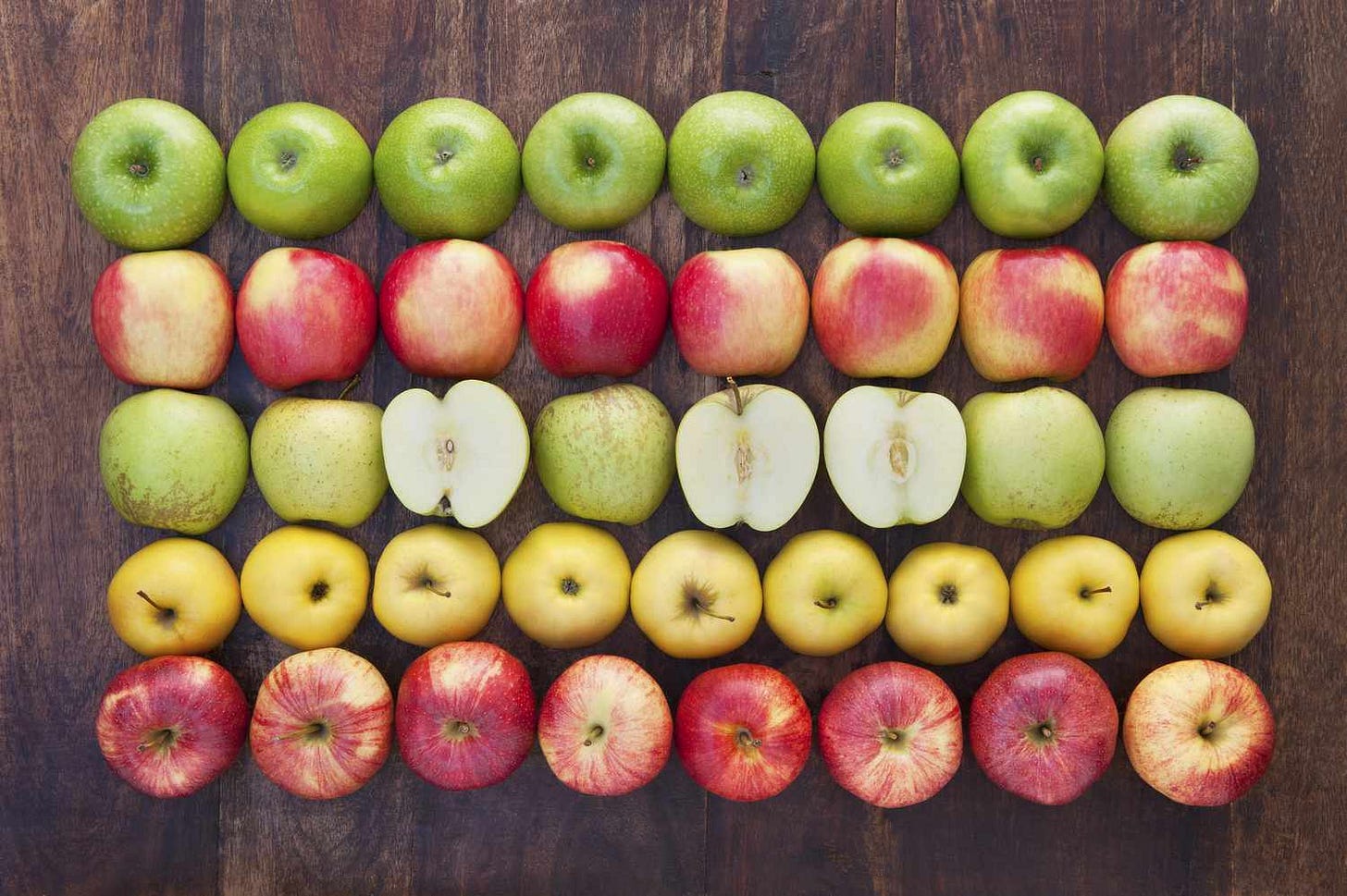
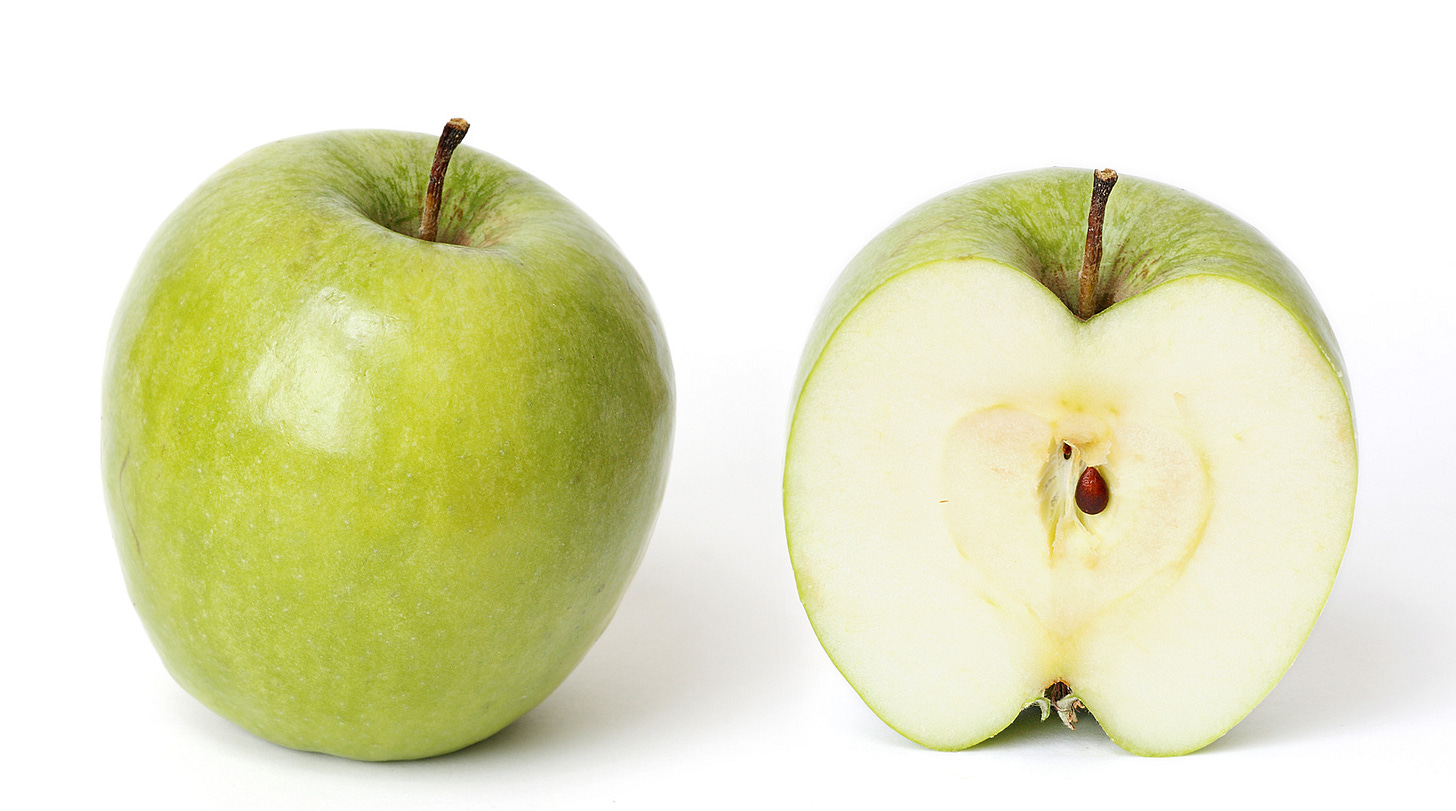
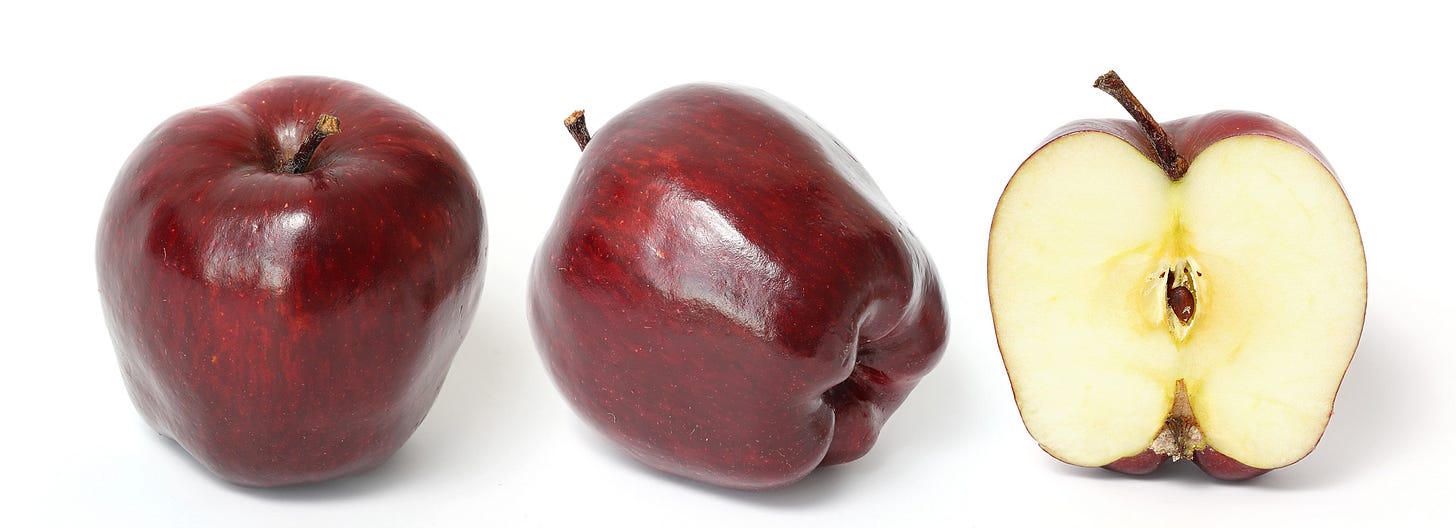
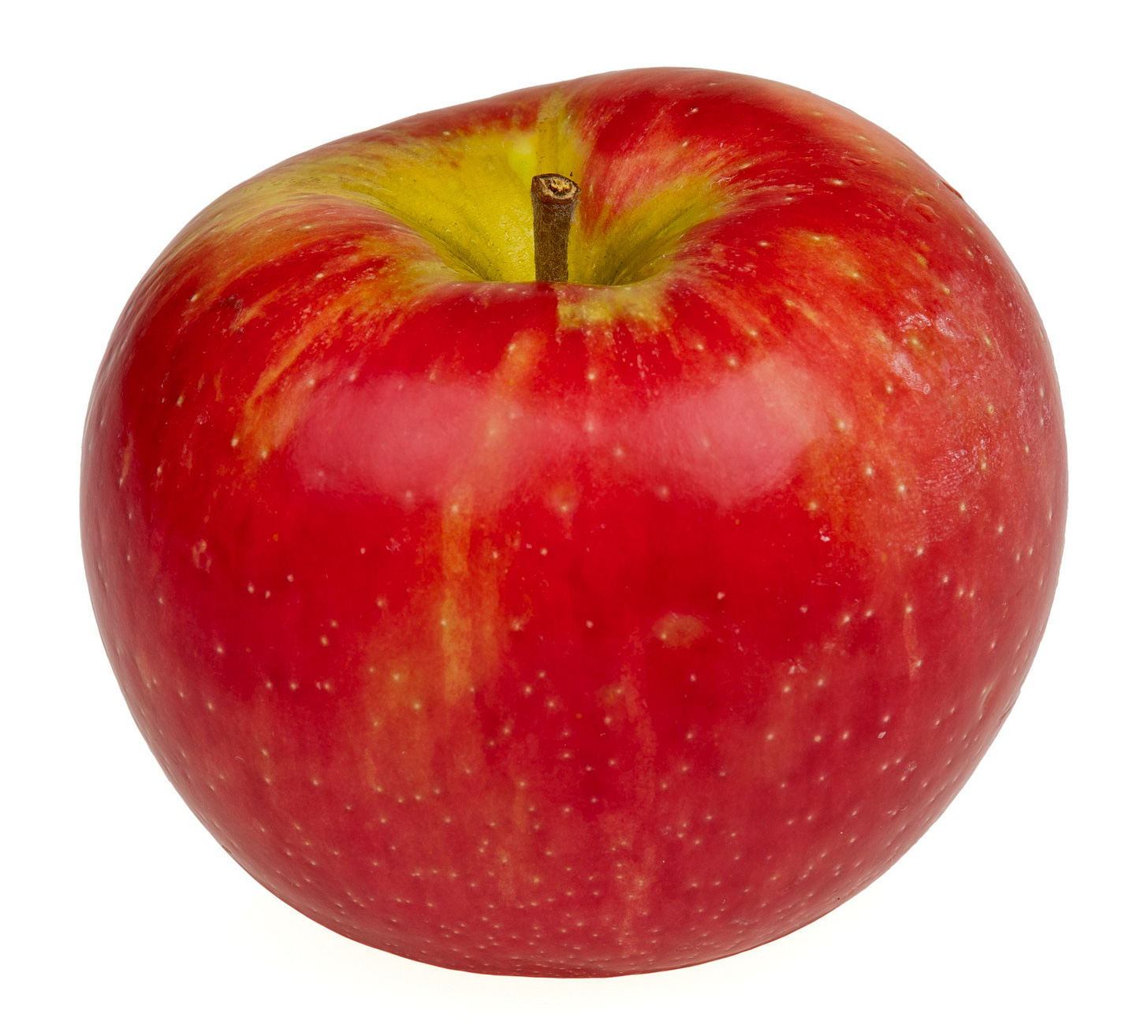
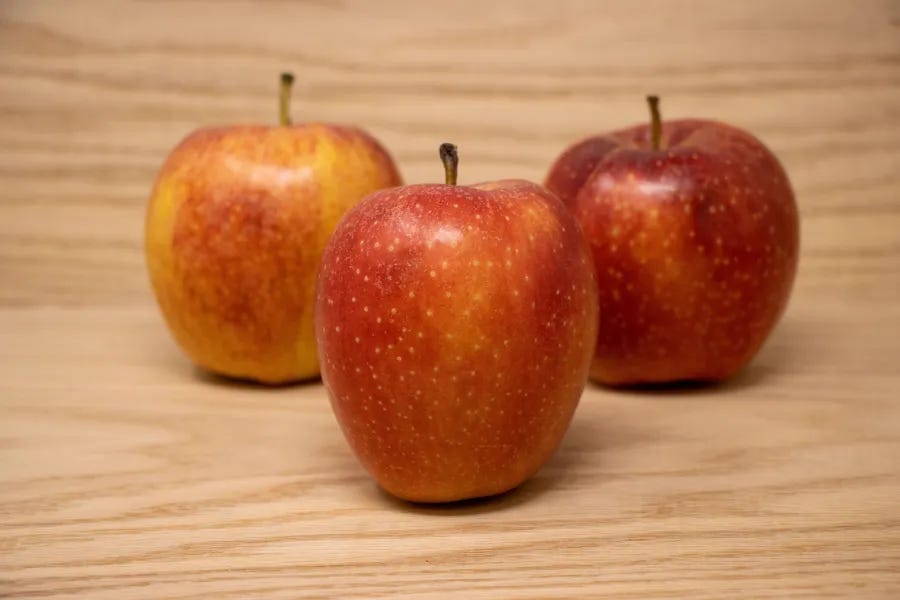
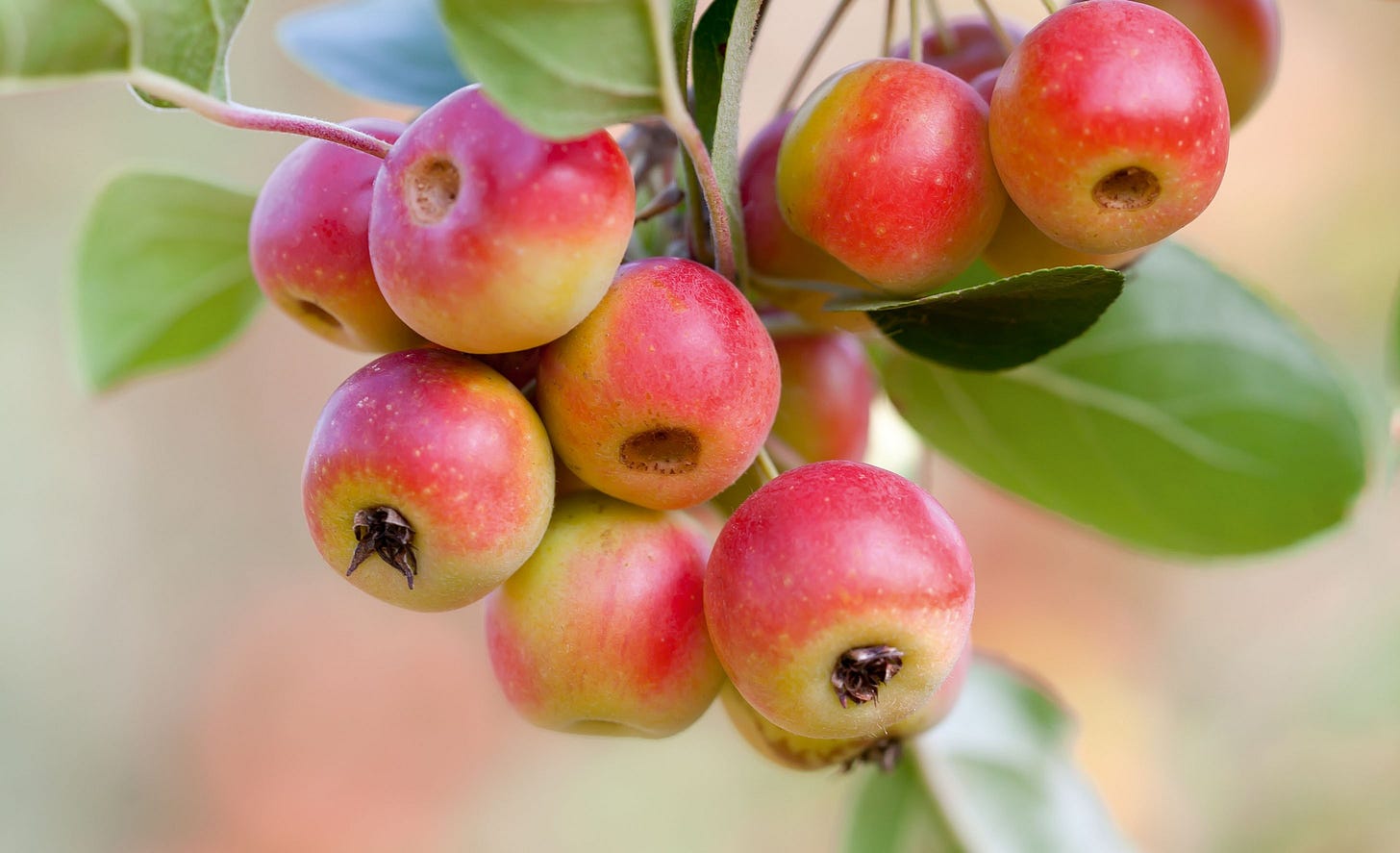
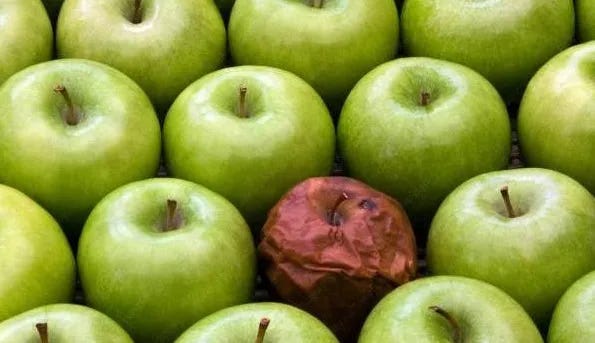
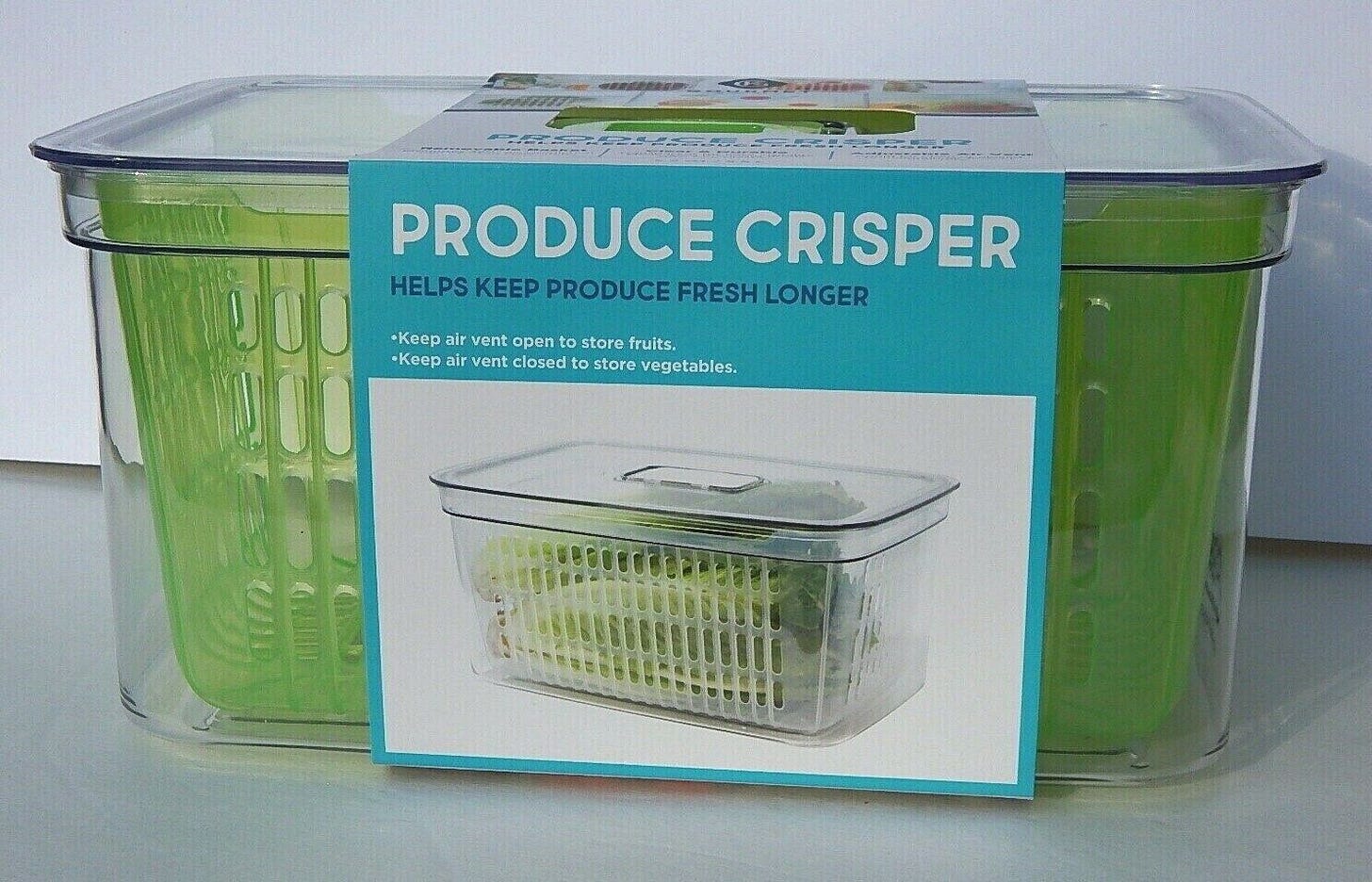

Well said.